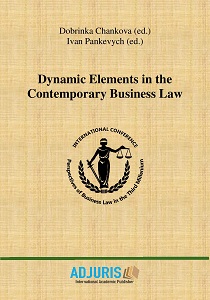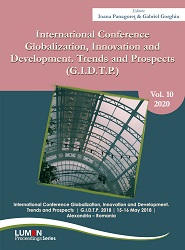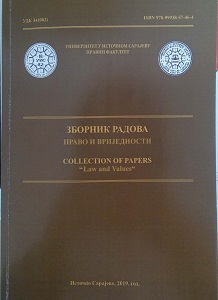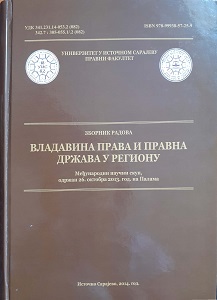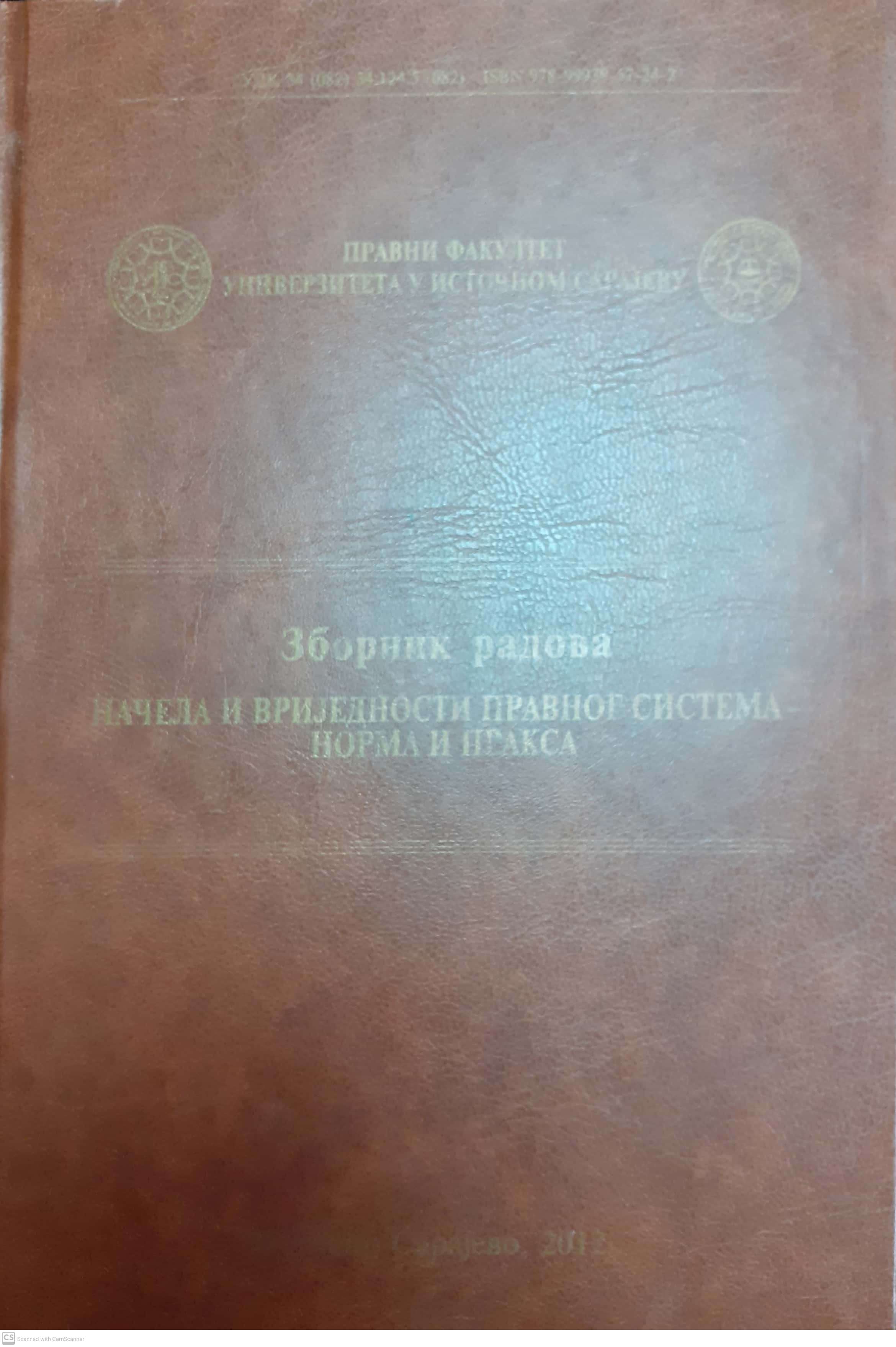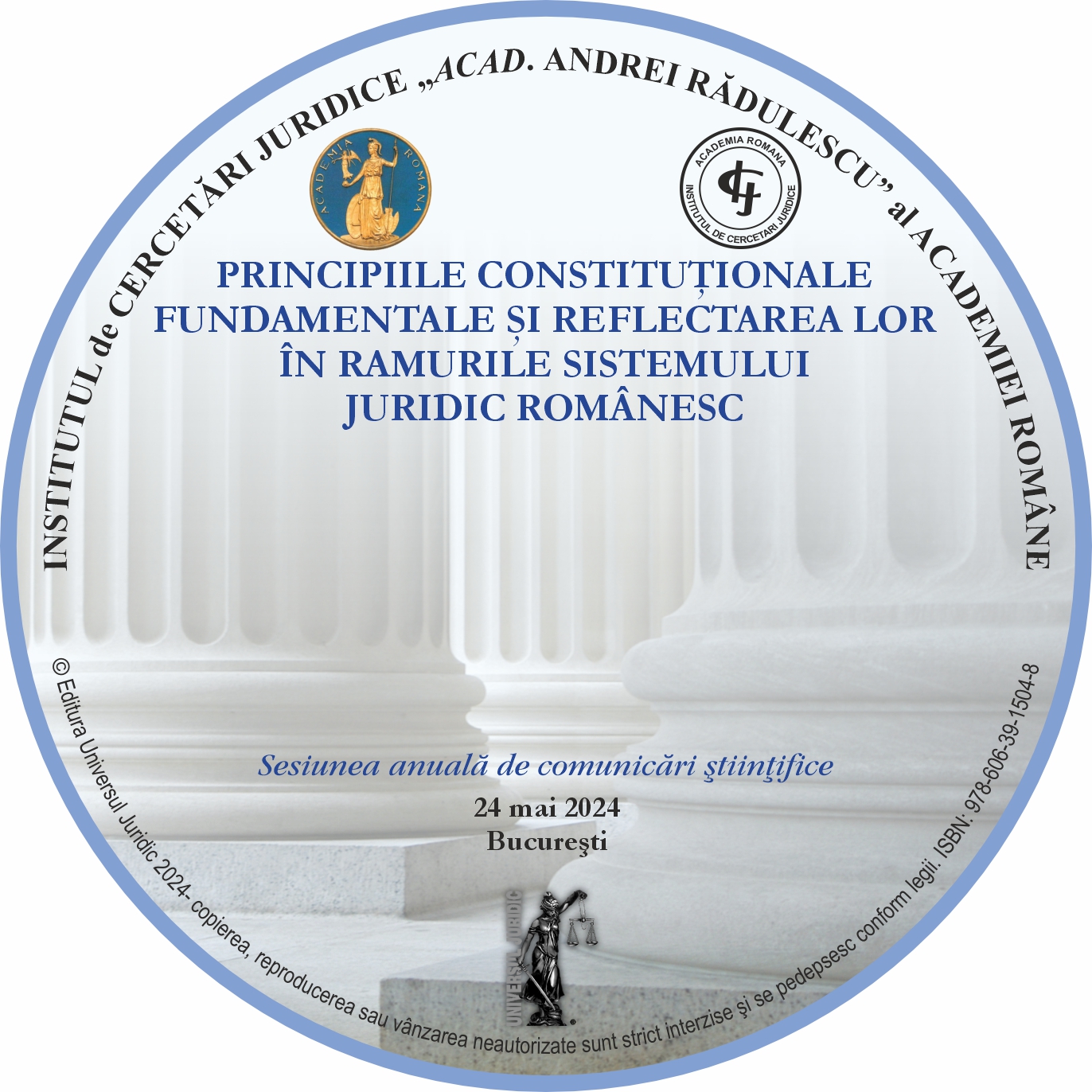Author(s): Viorel Gheorghe / Language(s): Romanian
Publication Year: 0
Apparently, under a resurrection of scepticism in affirming the condition of an authentic democracy, in the complex exercise of fundamental rights and freedoms, we continue to consider that the reflection of the fundamental constitutional principles represents one of the cardinal elements of democracy, without considering too much, the meaning of a space ideal of human coexistence. In a constitutionalist vision, proposed at the beginning of this century, in 2001, the authors Ioan Muraru and Simina Tănăsescu illustrated the fact that society was a determining factor of the meanings and goals of the other categories, called, often generously, but also misleadingly, „common good" or „happiness", constituting „the starting point, but also the point of return of all social, political and moral constructions". From here, the human being could fully look at the ideal societal image, in which humanity could exist, develop, only in organized structures, this work that was imposed and resisted based on some principles of existence, perfected by a normative order - the state - being, practically, not to be abandoned, as a superior form of the coagulation of some communities, in a determined area, through its quality as the legal personification of the nation. However, it should be noted that the current challenges of a particularly evolutionary contemporaneity place, under a worrying question mark, the ideal of statehood, becoming more and more pragmatic the need for the form and the necessary explanations of the concept of „national security" to enshrine the exigency of the response model of human thought to the need to guarantee the right and to carry out justice, especially in the area of normative architecture, as tools of a society in an increasingly real need for identity. In such a context, one of the conditions for the existence of any state form is and must be reflected by the degree of assurance of guaranteeing the full manifestation of democracy, under the balance of the legal norm, of the law itself. This image manifests itself, from a conceptual perspective, under the effect of what is generically recognized and disputed, at the same time, by the term "security", under its multiple valences (social, legal, financial, labour, at the conceptual level, in a strategically gathered vision, „national security" or „international"), without which, any form of social justice diminishes, to the point of cancellation, likewise, guarantor of the activity of the universal principle of equality before the law towards not to remain simply and ideologically desired.
More...
